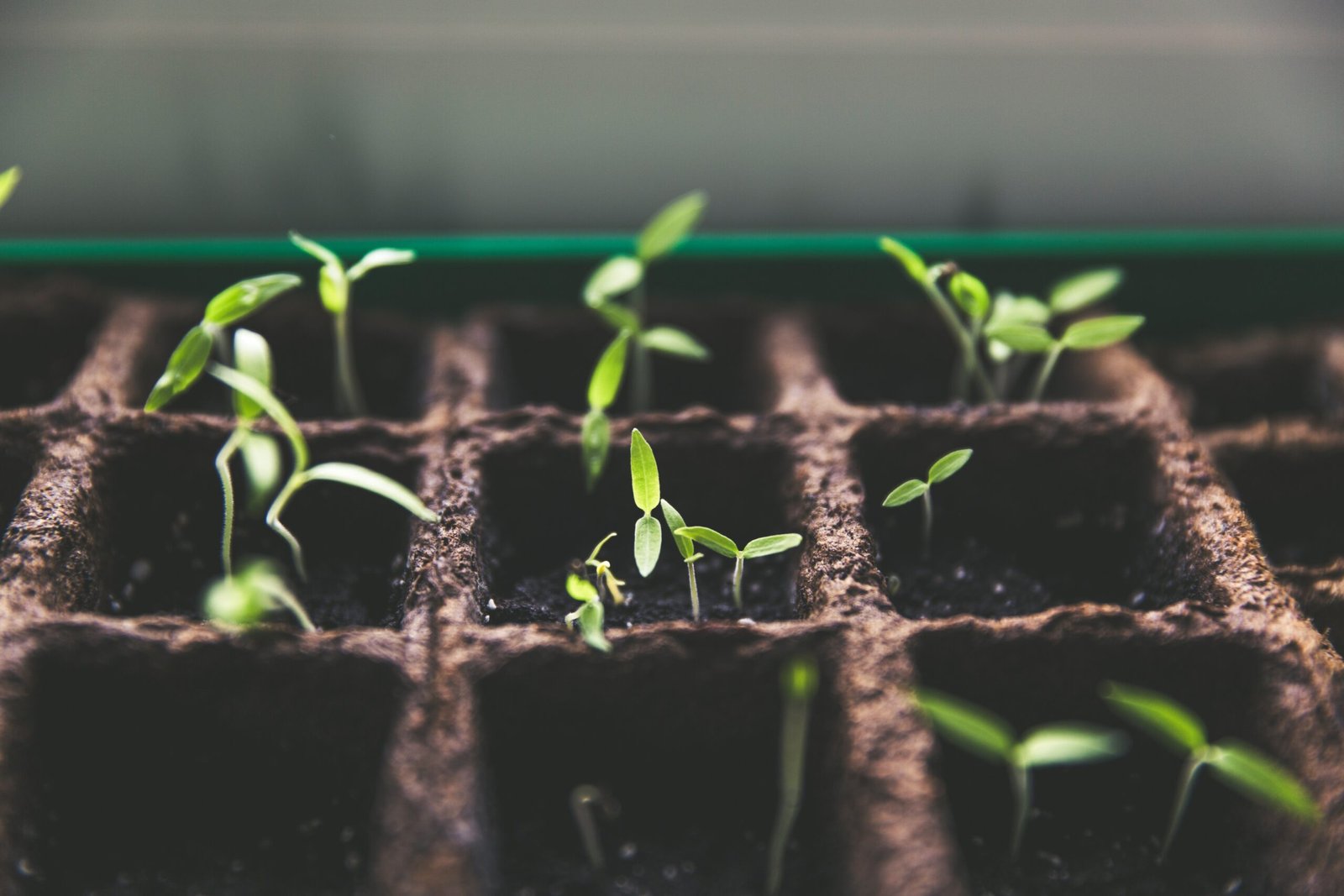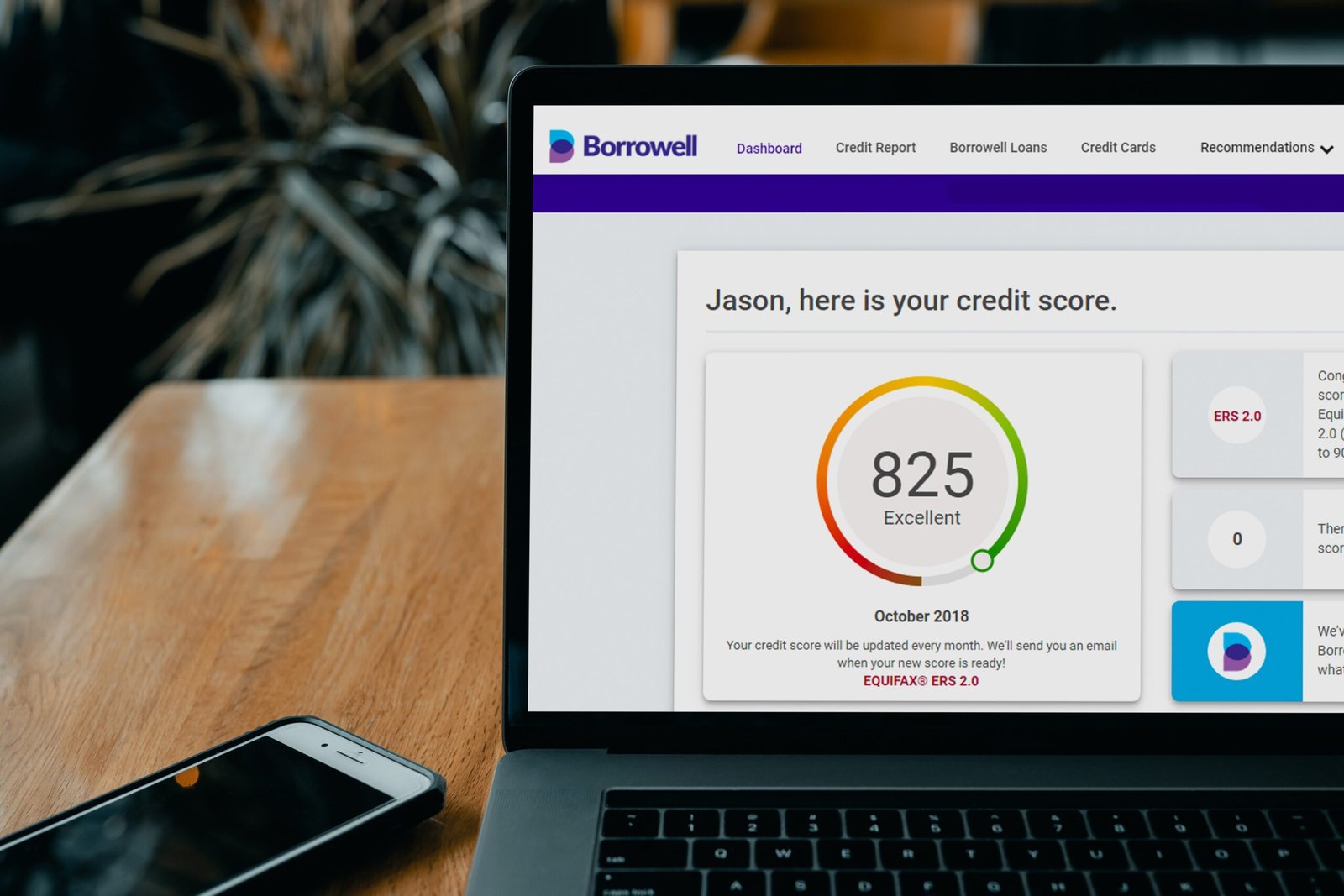Explore the complex relationship between economic growth and development. Learn how these concepts are interconnected and why a balanced approach is crucial for sustainable progress.
Economic Growth and Development: A Complex Relationship
When discussing the progress of nations, two terms often come up: economic growth and development. While they are related, they are not interchangeable. Economic growth refers to an increase in the production of goods and services in a country, typically measured by the Gross Domestic Product (GDP). On the other hand, development encompasses a broader range of factors, including improvements in living standards, education, healthcare, and infrastructure.
While economic growth is a crucial component of development, it alone does not guarantee overall progress. A country can experience rapid economic growth but still face significant challenges in terms of poverty, inequality, and social well-being. Therefore, policymakers must strive for inclusive and sustainable development that benefits all segments of society. Also, understand the difference between public administration VS business administration.
The Importance of Economic Growth
Economic growth is essential for a nation’s prosperity. It creates job opportunities, increases income levels, and improves living standards. When an economy grows, businesses expand, leading to more employment opportunities. As people earn higher incomes, they can afford better housing, education, and healthcare, contributing to an overall improvement in quality of life.
Moreover, economic growth generates tax revenue for governments, enabling them to invest in public goods and services. Infrastructure development, such as roads, bridges, and power plants, is crucial for economic activities and enhances a country’s competitiveness. Additionally, economic growth attracts foreign direct investment (FDI) and stimulates innovation, further driving progress.
Beyond Economic Growth: The Importance of Development
While economic growth is undoubtedly important, development goes beyond mere financial indicators. It focuses on human well-being and encompasses social, political, and environmental aspects. Development aims to create an inclusive society where everyone has access to basic necessities, education, healthcare, and equal opportunities.
Education plays a vital role in development as it equips individuals with the knowledge and skills necessary for personal and professional growth. Quality education empowers people to break the cycle of poverty and contribute to the overall progress of their communities. Similarly, healthcare services are essential for a healthy and productive workforce.
Development also involves addressing social inequalities and promoting social justice. It aims to reduce poverty, improve gender equality, and ensure equal opportunities for marginalized groups. By fostering a fair and inclusive society, development contributes to long-term stability and social cohesion.
A Balanced Approach: Integrating Growth and Development
To achieve sustainable progress, policymakers must strike a balance between economic growth and development. Merely focusing on economic growth may lead to unequal distribution of resources and exacerbate social disparities. On the other hand, prioritizing development without considering economic growth can hinder a nation’s ability to provide essential services and improve living standards.
A holistic approach is necessary, where economic growth is pursued in a manner that benefits all segments of society. This includes investing in education and healthcare, implementing social protection programs, and promoting inclusive economic policies. By integrating growth and development, countries can create a virtuous cycle of progress that benefits everyone.
In Conclusion
It is an interconnected but distinct concept. While economic growth focuses on increasing production and income, development encompasses a broader range of factors that contribute to overall well-being. A balanced approach, integrating both growth and development, is necessary for sustainable progress. By prioritizing inclusive and sustainable development, nations can ensure that economic growth benefits all segments of society and leads to a better future for everyone.












4 Comments